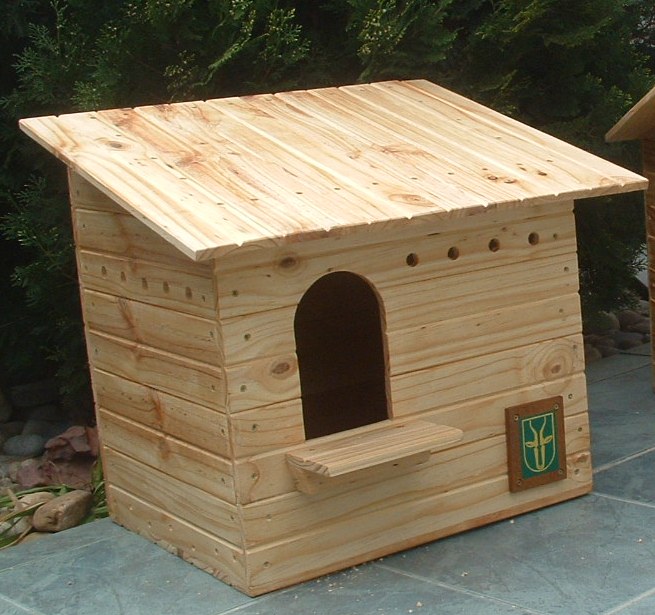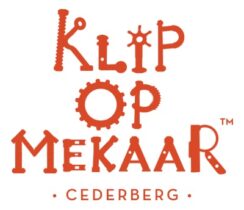Using barn owls to fight rodent populations is an old idea that is getting a second look by many sectors of the agriculture industry. As an organically certified Rooibos farm, we believe that nature can often be a farmers best ally in his battle against pests.
Making space for raptors –
Over the past six months, I have been in contact with various passionate researchers and environmentalists who have studied how to best create habitat for raptors on a farm.
The simple idea being that raptors eat rodents > the more raptors > the less rodents > the healthier the Rooibos fields. Conversely, by poisoning rodents – which is the conventional approach to the problem – farmers inevitably end up killing raptors (who eat the poisoned rodents), thereby increasing the challenge – and creating a greater problem which loops and builds upon itself.
With the advice of Zoologist Leigh Potter, and the services of the wonderful Gerry Cassidy – who designed and built all of my barn owl boxes (at cost of materials only!), we’re proudly about to erect the first 16 barn owl boxes on our farm in the next few weeks. To my knowledge, we will be the first farm within the entire Rooibos farming industry to develop barn owl habitat (as an organic control for rodents) on a significant and meaningful scale.

To summarise the plan:
- 16 Barn Owl boxes (roughly one per 30 hectares)
- The total cost per box is about R500. However, boxes can be built cheaper by using scrap materials.
- All boxes made to Cape Nature specifications (no toxic materials or chemicals used in contruction of the boxes) and specifically designed to only attract barn owls and no other birds/raptors.
- Erected on gum poles about 5 meters off the ground
- Owl box entrances face South/East
- Put up before the start of spring
- Pine needles placed in the boxes as nesting material
- Expected or hoped-for occupation rate of about 60% within the first year
Hopefully, we’ll be successful in attracting owls to the boxes this spring. If you would like help with using barn owls to counter rodents on your farm, please get in touch and I’d be happy to help.
Warm regards,
Richard

